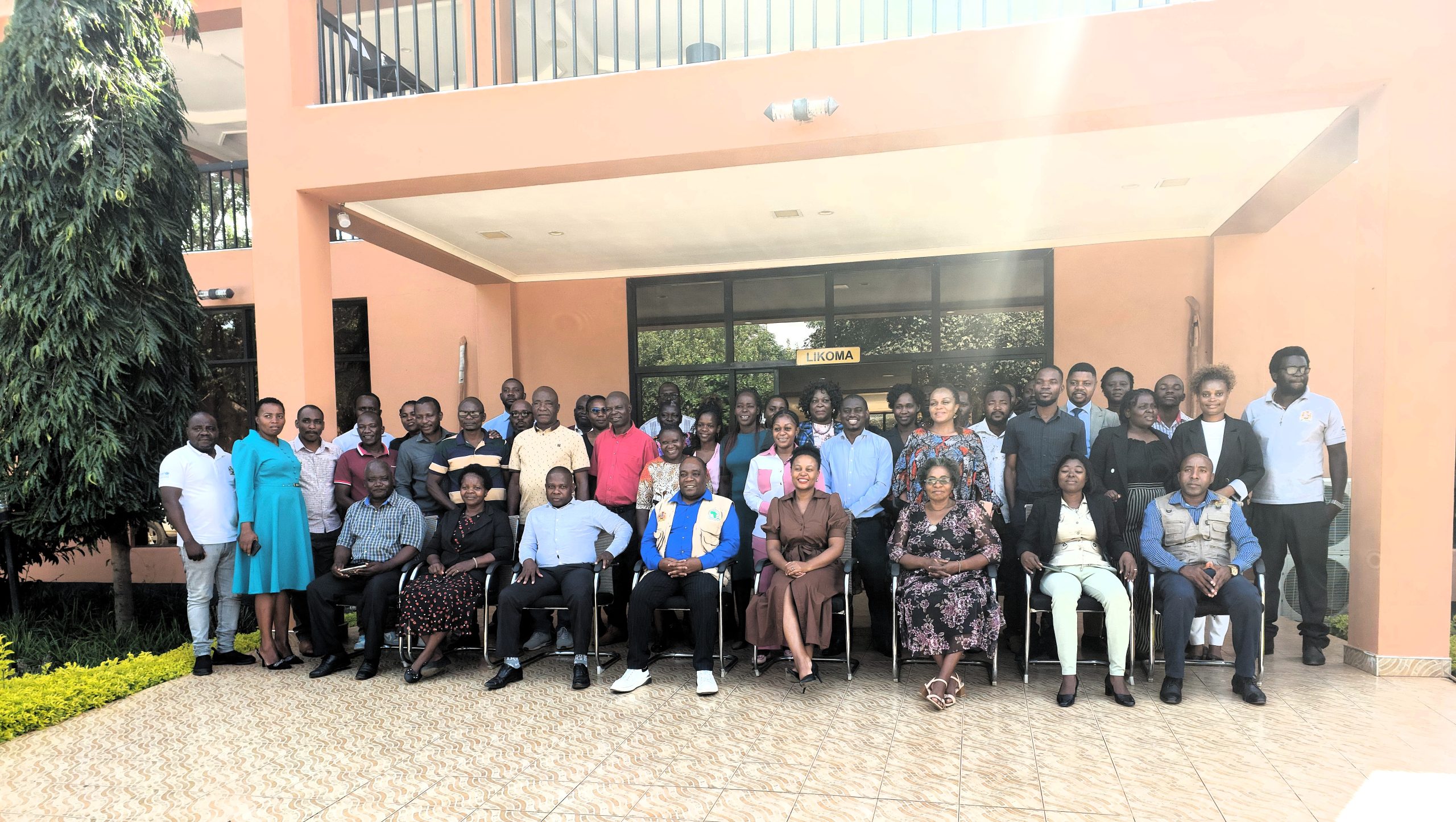
DISTRICT PHEOC TRAINING
by
Moses Nyambalo Phiri in collaboration with Ella Chamanga, Shaibu Safali, James Jere and Settie Kanyanda.
With significant efforts to enhance the nation’s preparedness and response framework through rolling out comprehensive Public Health Emergency Operations Centre (PHEOC) training targeted at district level public health officials, the Public Health Instittute of Malawi (PHIM) with funding from the World Bank has rolled out the first district training sessions.
This crucial initiative stems from the recently rolled out National-PHEOC Training of Trainers (ToT) conducted weeks ago fulfilling the PHIM’s core mandate, to effectively prepare for, prevent, detect, respond to, and mitigate public health emergencies (PHEs) and threats across all levels of the Malawian health system, now focusing on district level. The training program has been designed to strengthen coordination and operational efficiency within the multi-sectoral multi-disciplinary response architecture managed by the PHEOC.
In an era where public health threats, from infectious disease outbreaks like Cholera, Mpox and Measles arising from potential impacts of climate change, demand robust and rapid responses, the presence of highly skilled Health Care Workers (HCWs) at the district level is paramount. All twenty nine districts often represent the front lines of public health surveillance and initial response. Therefore, according to this critical need, PHIM has launched the first phase of this districts-focused training program, initially encompassing officers from seven key districts: Lilongwe, Dedza, Salima, Karonga, Nkhotakota, Balaka, and Phalombe.
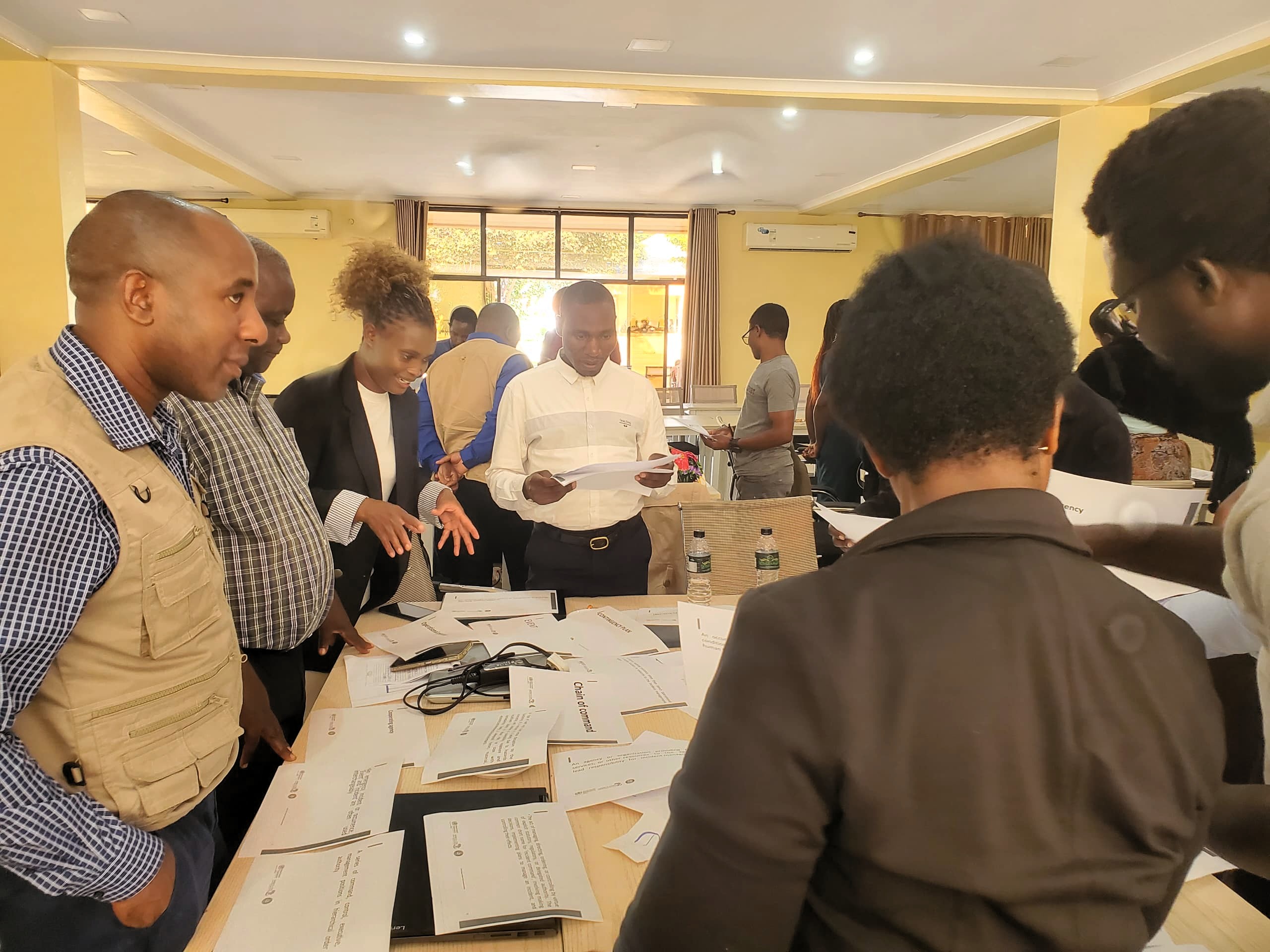
Group work during training session in Mponela.
By equipping district officers who are often the first responders and key data sources with indepth knowledge of PHEOC protocols, Incident Management Systems (IMS), risk communication strategies, and data reporting mechanisms, PHIM aims to significantly improve interagency synergy and streamline communication channels, clearer roles and responsibilities, and ultimately, a more timely, coherent, and effective response to diverse public health threats, ranging from disease outbreaks to natural disasters with health consequences.
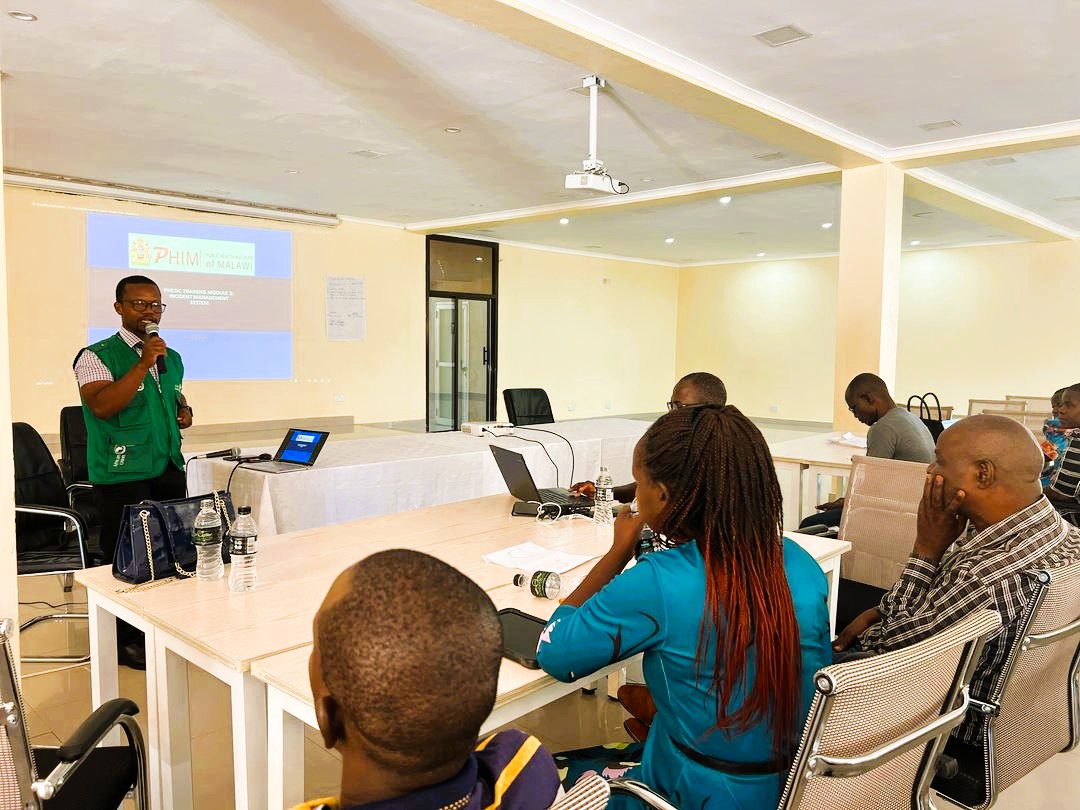
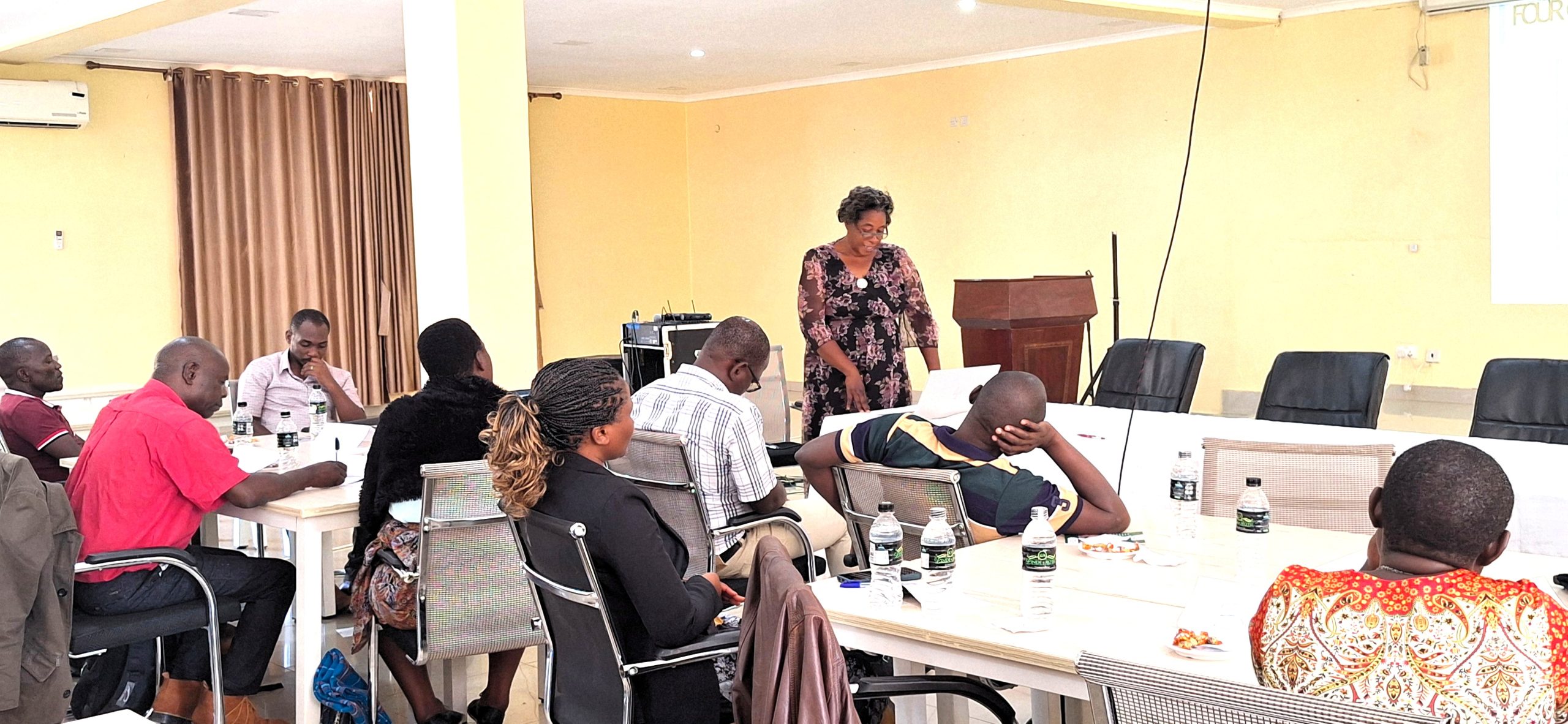
dr. Mike chisema and dr. chitsa Banda lecturing.
Participants in the training include District Environmental Health Officers, Health Surveillance Assistants (HSAs), DODMA officers, clinicians, and other key personnel involved in public health surveillance and response. The curriculum covers essential modules on the PHEOC structure and functions, roles within an Incident Management System, emergency coordination principles, information management, and effective communication during crises.
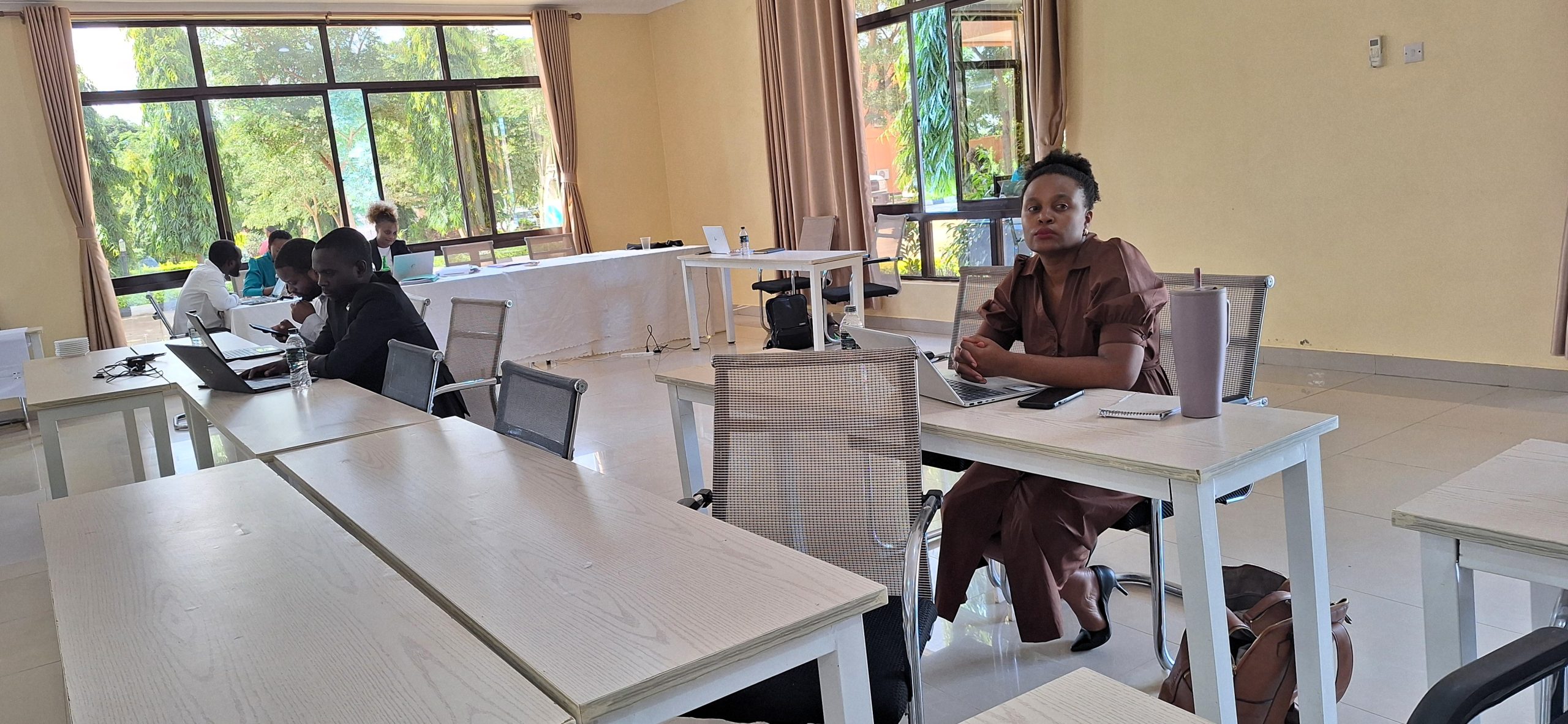
Dr. Annie Chauma Mwale-PHIM, led the team of facilitators.
This training represents a vital investment in our human resources available at the district, stated Dr. Annie Chauma Mwale – PHIM. She said “Empowering our district teams with standardized PHEOC operational skills is fundamental to building a truly resilient national public health system. When the districts are strong and coordinated, the entire national response mechanism functions more effectively, safeguarding the health and well-being of the nation.”
PHIM plans to extend this vital training to cover all districts in subsequent phases, ensuring nationwide competency in PHEOC operations. This first phase of District – PHEOC training portrays PHIM’s unwavering commitment to proactively strengthening Malawi’s health security architecture. The skills and knowledge imparted during these sessions are expected to be instrumental in ensuring a more coordinated, rapid, and impactful response to any future public health challenges the nation may face.








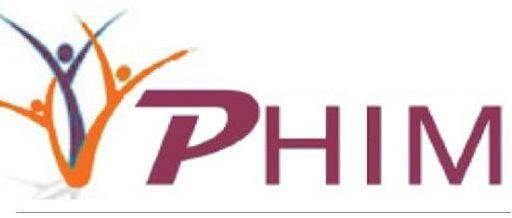
The PHEOC training for District Health Management Teams marks a significant step in strengthening Malawi’s emergency preparedness and response systems. Through knowledge sharing and practical sessions, the training has enhanced coordination capacity at the district level, ensuring a more effective response to public health emergencies.
Very important milestone in public health, however, not everyone in the DHMT is key in respondimg to public health emergencies, this tradition has to be revisted, and plan to involve the right people, I have serious challenges when it comes to engaging this team because some if its members are passive members who does does not contribute effectively to the intended results such as the HR, Administrators let’s think of replacing them with the right people